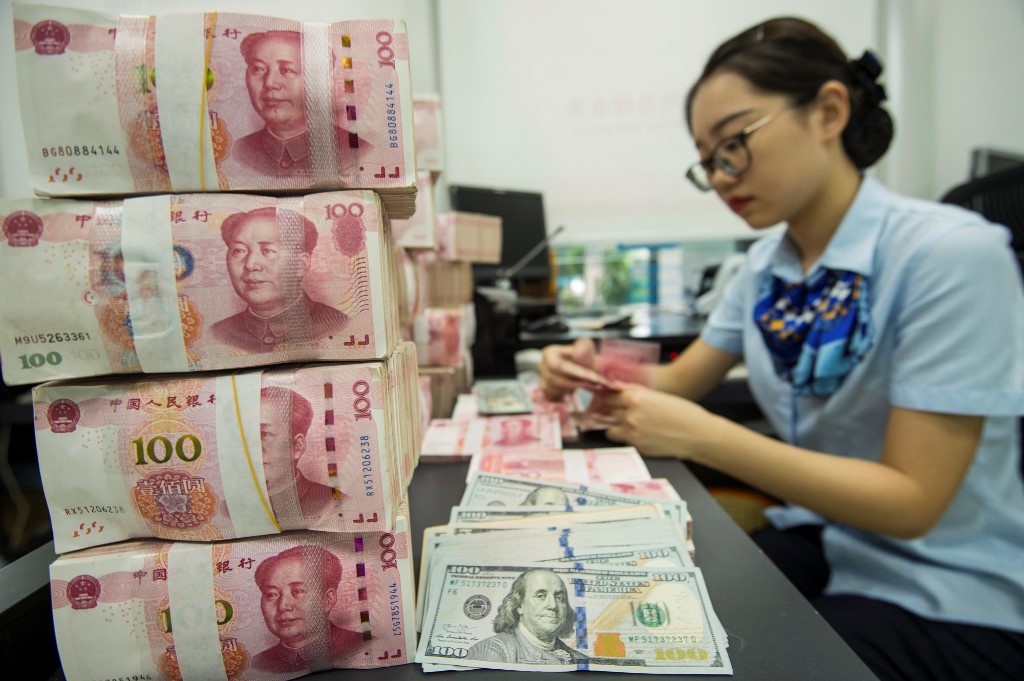(ATF) China is stepping up targeted measures to facilitate fundraising for micro and small businesses and reduce their comprehensive financing costs to boost recovery of the real economy.
Financial institutions are being encouraged to provide up to 1.5 trillion yuan ($212 billion) worth of benefits to firms through cuts in interest rates and other methods such as loans this year, according to a State Council executive meeting last Wednesday.
In order to support such firms, government at all levels have adopted policies such as differentiated supervision, increasing credit availability and mitigating loan risks.
“I really did not expect financing to be available so quickly and such reasonable rates,” the head of Nouyou Environmental Technology, based in Beijing told the Beijing Daily. He used the Beijing small and micro enterprise platform under Beijing Financial holdings group. A credit line of 1.1 million yuan was granted in under 10 minutes on the online platform.
Beijing is the first city to pilot the scheme.
In early June, China released measures to monitor and evaluate commercial banks’ financial services to small businesses, supporting banks to adopt differentiated interest rates for lending to small firms.
Northeast China’s Jilin Province launched an online financing system for small businesses to address information between banks and firms, while service centres for first-time borrowers have now opened in places like Beijing, Chongqing and Gansu to help small businesses acquire first-time loans.
This year, banks in Beijing have granted more than 80 billion yuan worth of first-time loans to over 34,000 new firms borrowing for the first time, Li Mingxiao, director of the China Banking and Insurance Regulatory Commission’s Beijing Office, said.
Innovative monetary tools
The country is also strengthening other innovative monetary policy tools to boost financing for small firms, with the loan extension tool expected to cover around 7 trillion yuan of inclusive loan principal to the firms, while the 400-billion-yuan re-lending quotas are expected to motivate local banks to issue around 1-trillion-yuan of new inclusive credit loans to small firms.
Li Jianjun, a researcher with think tank Zhong Shang Zhi Ku, said that efforts should be made to expand financing channels for enterprises, providing long-term funds for production with loans while offering supplementary support from the bond and capital markets.
The Agricultural Bank of China, for instance, uses its bond issuance to provide credit in rural areas.
In Beijing, where the system of micro-lending is most developed, potential customers can choose from up to 70 financing options, and the banks see it as a useful transparent method of recruiting new long term customers.
























